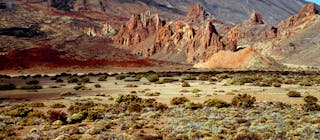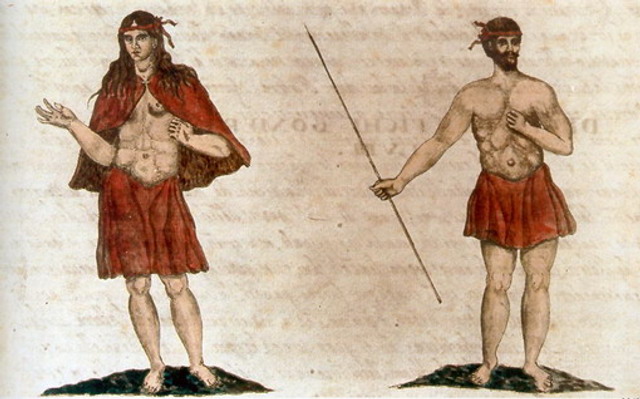
Image: At the foothills of Pico del Teide
I am hopeful you are well and sound. My best advice for those who must spend a lot of time time in isolation is to engage in your favorite activities. In my case, it is research in matters that interest me.
As you know, I have launched new research, which focuses on the European discovery of the maritime route to the Indies. I am working on Part I of the study titled "The Little Age of Discovery: The Conquest of the Western
Sea". Here I tell the story of the European ventures in the eastern Atlantic throughout the fourteenth century.
The first two chapters are complete. Chapter 1, How Wide Spans the Ocean Sea, based on the report of Herodotus, defies the idea that Africa had been circumnavigated in antiquity. It also corrects the impression that Columbus was a lone wolf obsessed with a crazy idea to find the western maritime route to the Far East. This section is available on my site
The Russian version was published in a literary magazine.
Chapter 2, Beyond the Pillars of Hercules, explains why the opening of the bottleneck of the Gibraltar Strait ushered in a new age of discovery. This part is available
The Russian version is to be published until mid-May 2020.
Meanwhile, I am writing Chapter 3 about the discovery, conquest, and colonization of the Canary Islands. The tragic story of the Guanches, the native residents, is unfolding on the backdrop of European expansion.

Image: The Guanches depicted in a European late-sixteenth century book
Courtesy:

